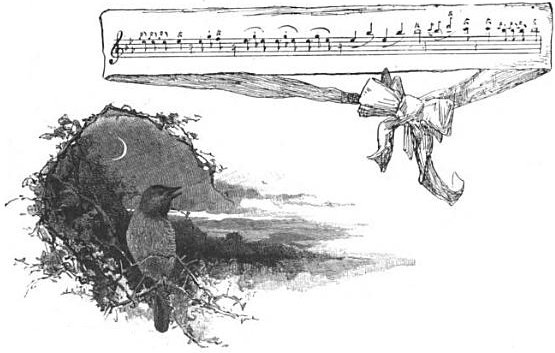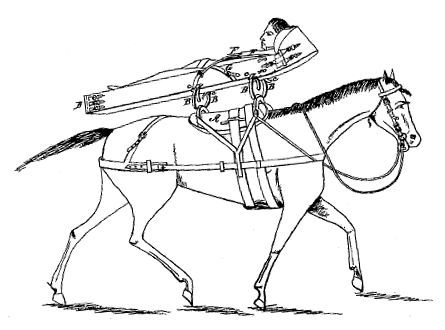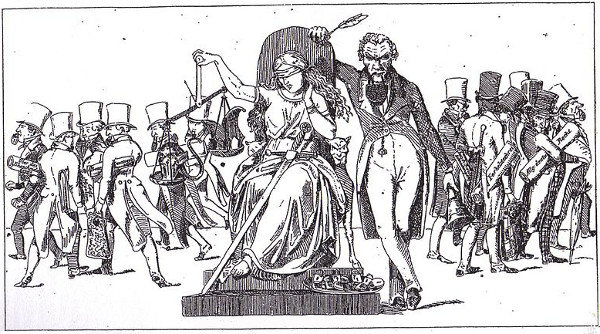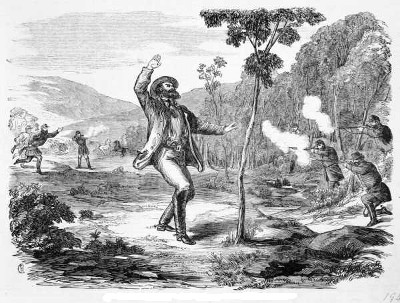
In an 1891 feature, the Strand attempted to notate the songs of various English birds. The nightingale, shown here, “shares with the lark the honours of poesy. Though sometimes dwelling for minutes on a strain composed of only two or three melancholy tones, beginning with a mezza voce, it swells gradually, by a most perfect crescendo, to the highest point of strength, and ends with a dying cadence.”
The songs of birds have long inspired human composers. In 1934 the Rev. K.H. MacDermott, an associate of the Royal College of Music, wrote to the Times:
For many years each spring I have tested the cuckoo’s notes with a piano, and have found that they are always within a tone of D and B, or D and B flat (treble stave). It is of interest to observe that Beethoven, a great lover of birds, when he introduced the imitation of the cuckoo at the end of the second movement of his Pastoral Symphony, gave the two notes D and B flat, to be played by the clarionet. As Beethoven was at the time he composed that work (1808) completely deaf one wonders whether it was by chance he selected the correct notes, or merely because they fit in with the key of the movement, or whether his memory of the bird’s song had survived after he had been unable to hear it for some years. If the latter, it is fascinating to realize that the cuckoo has not altered the pitch of his notes for over a century.
Beethoven used this technique more than once. Ornithologist and bioacoustics expert Luis Baptista of the California Academy of Sciences compared the call of the white-breasted wood wren to the famous opening bars of the composer’s Fifth Symphony:

And if humans imitate birds, Baptista also found that “when birds compose songs they often use the same rhythmic variations, pitch relationships, permutations, and combinations of notes as human composers,” noted Patricia Gray, head of the National Academy of Sciences’ Biomusic program, in Science in 2001. “Thus, some bird songs resemble musical compositions; for example, the canyon wren’s trill cascades down the musical scale like the opening of Chopin’s ‘Revolutionary’ Etude.”
Indeed, birdsong reflects every elementary rhythmic effect found in human music, Gray wrote. “There are interval inversions, simple harmonic relations, and retention of melody with change of key.” Many birds transpose motifs into different keys, and some pitch their songs to the same scale as Western music.
Modern composers have narrowed the gap still further. Olivier Messiaen’s 1952 flute piece Le merle noir was based entirely on the song of the blackbird, and his orchestral work Réveil des oiseaux is built almost entirely on the songs one hears at daybreak in the Jura mountains of the composer’s native France. Critic Paul Griffiths said he considered Messiaen a more conscientious ornithologist than any previous composer, and a more musical observer of birdsong than any previous ornithologist.
This must end somewhere, though. If we’ve been emulating birds’ music, now they’re emulating our technology.






